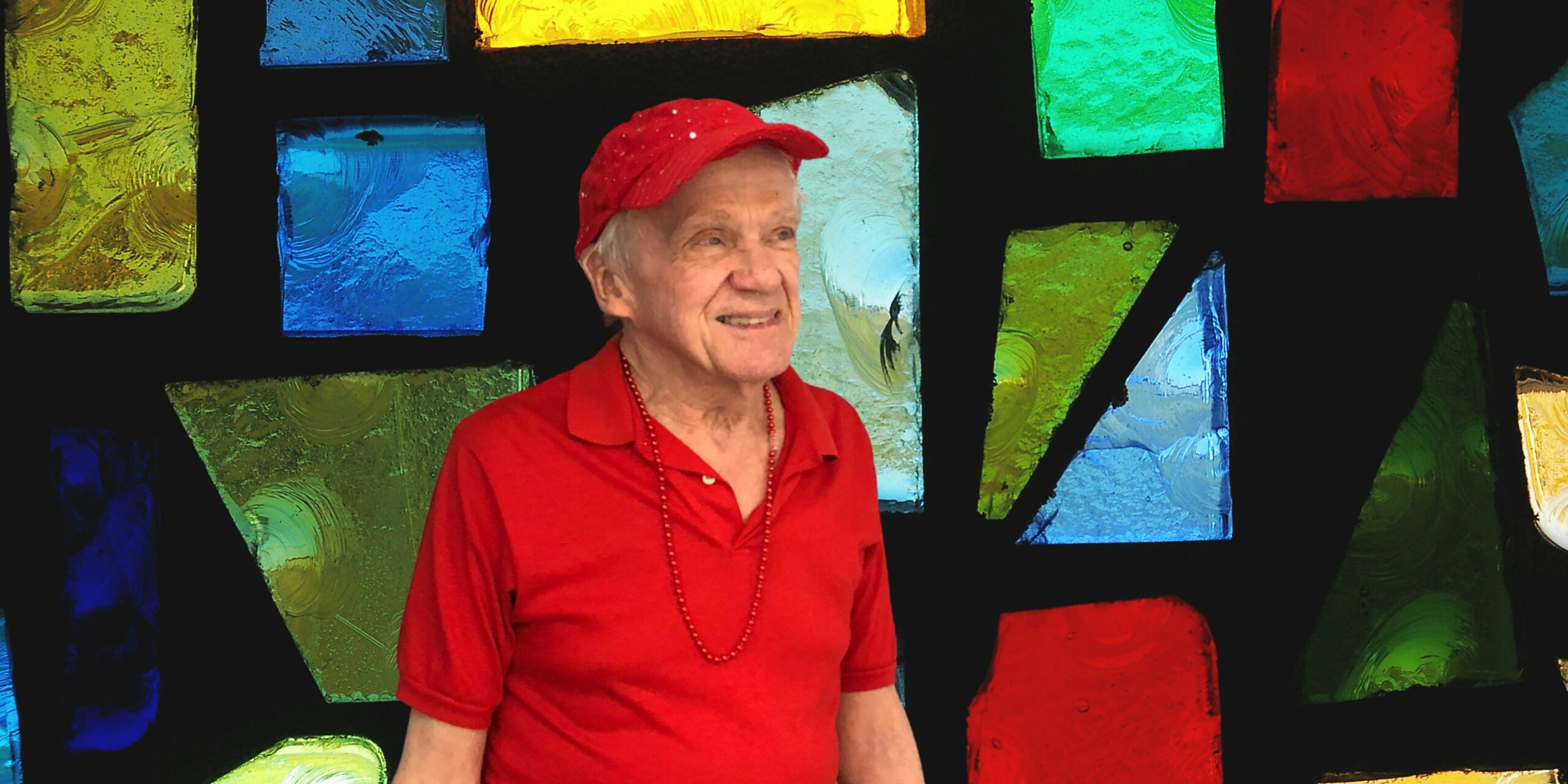It made a certain kind of sense that Bruce Pettit, a fixture of San Francisco’s community newspapers for a half-century, would write his own obituary in the LGBT weekly the Bay Area Reporter.
What didn’t seem to add up, however, was how egregiously he would minimize his influence on civil rights history. Pettit, who died on January 20, played a role in the religious fight to allow same-sex couples to marry, acting as strategist, public relations man and media spokesman to his San Francisco pastor as they pushed churches to sanction same-sex marriage.
“What he left out – I found that fascinating,” said Karen Oliveto, Pettit’s former pastor at Bethany United Methodist Church in Noe Valley.
“I think Bruce is one of those on-scene historical figures in the city. He was in the midst of history as it was happening. But he was behind the scenes,” added Rev. Sadie Stone, current pastor at Bethany where Pettit was a parishioner. “He was involved in an institution that did not always recognize LGBTQ folks. He did put himself at the forefront of changing that.”
Oliveto helped lead a revolt during the 1990s and 2000s over the church’s opposition to gay rights – an issue that most clergy and congregations previously either hadn’t given much thought or blithely opposed. Shrewd communication and story-telling were central to the effort, and that’s where Pettit came in.
In 1996, Pettit produced a picture book showing gay parishioners as people of faith just like other churchgoers and sent a copy to every United Methodist bishop. Oliveto at that time was an ambitious lesbian pastor compelled to official hide her orientation from church authorities to avoid being defrocked. She was one of a number of clergy around the country determined to change that. Within two years this kind of proselytizing was so effective that by 1998, 80 Northern California pastors defied the authority of church hierarchy to commit a mass act of “ecclesiastical disobedience” in support of same-sex unions.
When San Francisco began issuing marriage licenses for same-sex couples in 2004, Pettit wrote press releases announcing the first legally sanctioned church wedding, a story picked up by multiple newspapers. As a San Francisco city columnist during those years, I saw Pettit’s efforts up close.
With more weddings came more press releases, interviews, protests, notoriety, conservative outrage, and more notoriety.
“We knew we had a moment. I was given a public pulpit to interpret to the world why this was a holy act,” said Oliveto, who was elected in 2016 as United Methodist bishop for Colorado, Utah, Wyoming, Montana, and Idaho. “I remember Bruce and I talking about, ‘What is the main message that we need to get across to push the church further, and to make a difference in the secular world?’”
In 2013, I was in Tampa filming a documentary about the United Methodist Church’s global conference. There I repeatedly saw pastor Oliveto and Pettit huddling in advance of key debates, in hallways buttonholing delegates, all in service to the campaign they helped lead to eliminating rules banning same-sex church weddings.
Similar rebellions have been waged and won in other denominations. According to Pew Research, as of 2015, the Episcopal Church, Presbyterian Church U.S.A., the Evangelical Lutheran Church in America, and the United Church of Christ sanctioned same-sex marriage.
The United Methodist Church remained torn apart over the issue. Now a possible schism is looming as jurisdictions all over the country have adopted welcoming LGBT clergy and parishioners as part of their ministry.
“Those of us in San Francisco, because of the large of the LGBT community, and because of how many couples were in our churches, were able to help organize, and to reach into our pews so that we could continue the forward movement,” Oliveto said. “This was a quietly fierce man who was committed and loved telling the truth. That’s what I want people to know about Bruce Pettit.”
